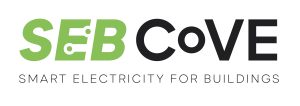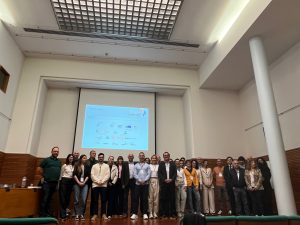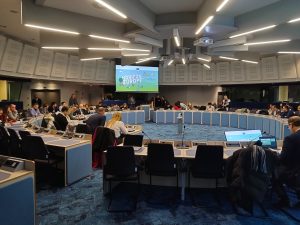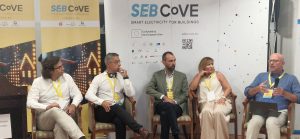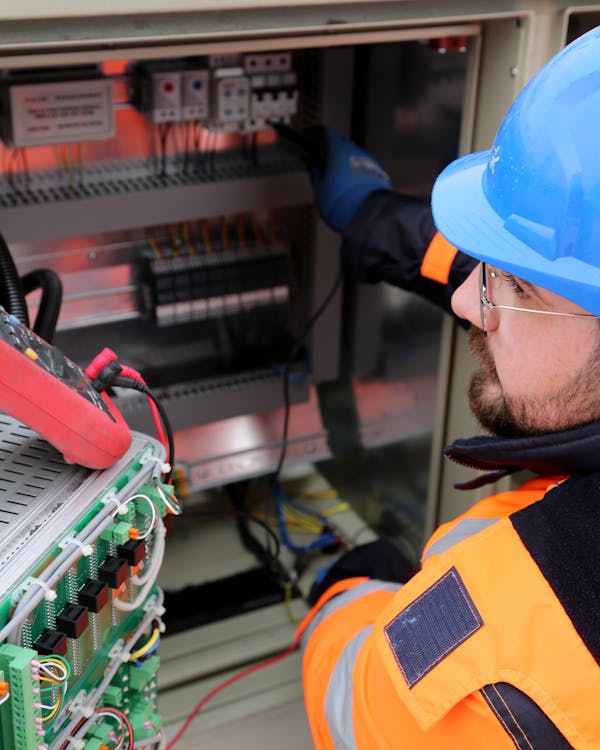
The SEBCoVE project, funded under the Erasmus+ framework, is proud to present its latest deliverable, the comprehensive “D2.3 Competences and Skills Gap” report. This document identifies critical gaps in competencies and skills in the Smart Electricity for Buildings (SEB) sector across six regions in Europe: Crete (Greece), Brandenburg-Berlin (Germany), Lombardy (Italy), Basque Country (Spain), Porto (Portugal), and North Macedonia.
As the SEB sector undergoes a rapid transformation driven by digitalization, renewable energy adoption, and sustainability objectives, ensuring the workforce is equipped with the necessary skills has become paramount. The report highlights the sector’s key technological drivers, from IoT and AI to energy storage systems and cybersecurity, while identifying mismatches between existing Vocational Education and Training (VET) programs and emerging market needs.
Key Findings:
- Competency Gaps: The report outlines critical deficiencies in AI integration, cybersecurity, and hybrid renewable energy systems training across VET curricula.
- Regional Insights: Each region showcases unique strengths and challenges, such as Crete’s renewable energy focus and Brandenburg-Berlin’s advanced BAS adoption.
- Actionable Recommendations: From modernizing curricula to enhancing industry collaboration, the report provides a roadmap to align workforce capabilities with sectoral demands.
Through this work, SEBCoVE aims to standardize competencies across regions using frameworks like EQF, ECVET, and ESCO, fostering mobility, innovation, and excellence in the SEB sector.
Learn more about the report and our upcoming initiatives on the SEBCoVE website!

